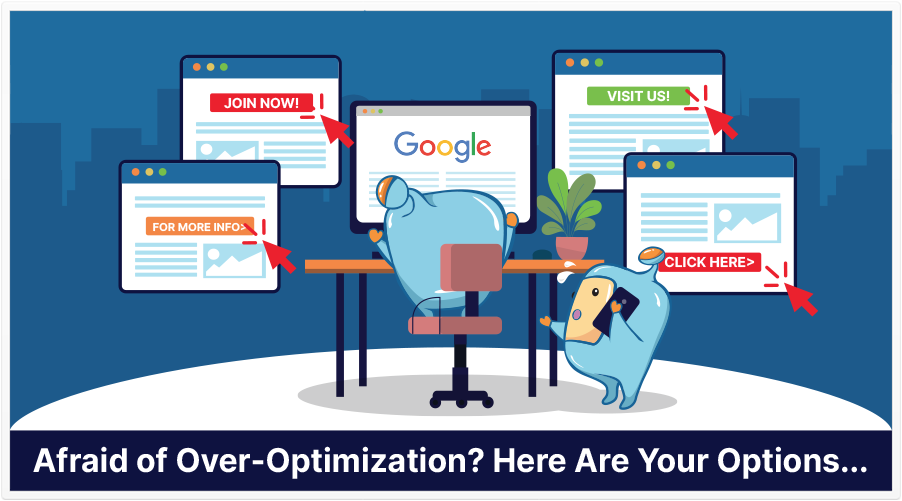
If you’ve been in the SEO game for any length of time, you probably know about backlinking, and particularly, anchor text.
Google’s Guidelines on ‘Link Schemes’
So, basically, Google advises against link building with the intent to manipulate rank. Such practices are called ‘link schemes,’ and are frowned upon by the search engine.
Instead, links should be earned and given based on merit.
Consider Using nofollow or sponsored
If you link to other sites, and you want to ensure that your link isn’t necessarily going to affect the ranking of those other sites, you may wish to use the nofollow or sponsored HTML attributes. I wrote about nofollow and sponsored in the news item titled, Google: “The link spam update is now complete.”
Anchor Text
If you’re not sure, anchor text is the clickable text of any link.
During the most recent English SEO Q&A session (from October 8th, 2021), a participant asked John Mueller a few questions pertaining to his situation. It’s good to listen to the segment, so that you understand where the participant is coming from.
The video below is queued to the 23:13 mark, which is where the Q&A about anchor text began.
Here are a few things that John said, which I think are worth noting.
When Quoting or You Want to Reference Something
“I think if you’re quoting something, then linking to the source always makes sense.”
I agree. Remember when, in (junior) high school, when the teacher told you that you should mention your sources?
The same applies here.
That said, the participant did bring up something about FTC compliance where, in his case, because he was linking to another site, it was somehow seen as him recommending that other site. He even got cease-and-desist-like letters.
That’s very rare, though.
Is There an SEO Benefit to Linking to Other Sites?
“With regards to SEO for your website, I don’t know if you would see any particular change by specifically linking to other people’s websites.”
So, apparently, no.
Anchor Text and The Over-Optimization Concern
While I’m not sure if anchor text has as heavy of an influence as it did years ago, it was believed that if enough sites linked to a certain page with a given anchor text, then that page may rank for that search term.
Case in point: the ‘miserable failure’ Googlebomb.
I think that, eventually, Google dialed back on how persuasive anchor text can be.
And also, SEO professionals started thinking that if Google saw that a given web page had an unusually high proportion of its links having the same anchor text, then that could be seen as some sort of manipulation.
That’s anchor text over-optimization.
Anchor Text Diversity
So, that’s why people recommend anchor text diversity.
Basically, don’t always use the same anchor text to link to a site, or page. Instead, change it a bit: say ‘click here,’ or ‘For more information, click here,’ and so on.
Try Not to (Always) Use Target Keywords
In SEO circles, it’s an agreed-upon notion that Google looks at a site’s/page’s ‘link profile’ and tries to see what percentage of incoming links have anchor text with the keyword that the page is obviously optimized for.
The consensus is that if Google sees that a certain, unnatural percentage of these anchor texts have the keyword phrase that the page is optimized for, then, some over-optimization signal is hit.
So, what’s the solution to this?
Well, diversity of anchor text, but also, try to use variations of the keyword that the page is optimized for. And, you can also just use the plain URL of the page, or of the home page. You don’t need to use the keyword that the page is optimized for.